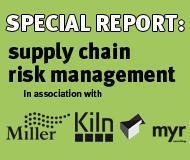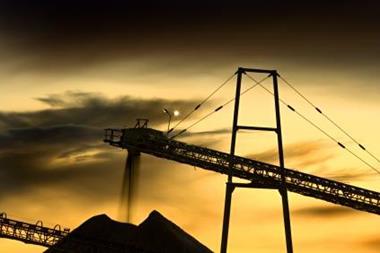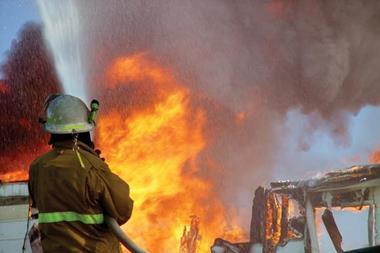Extra melting in Greenland could drive sea levels up more than a metre by 2100, say climate scientists in Copenhagen
Research presented at the International Scientific Congress on Climate Change in Copenhagen shows that the upper range of sea level rise by 2100 could be in the range of about one meter, or possibly more.
In the lower end of the spectrum it looks increasingly unlikely that sea level rise will be much less than 50 cm by 2100, said the scientists. If emissions of greenhouse gases are not reduced quickly and substantially, even the best case scenario, one in ten people on the planet will lose their homes.
Dr John Church of the Centre for Australian Weather and Climate Research, told the conference: ‘Sea-level rise is continuing to rise at 3 mm/yr or more since 1993, a rate well above the 20th century average. The oceans are continuing to warm and expand, the melting of mountain glacier has increased and the ice sheets of Greenland and Antarctica are also contributing to sea level rise.’
Konrad Steffen, director of the Cooperative Institute for Research in Environmental Sciences (CIRES) at the University of Colorado, added: ‘The ice loss in Greenland has accelerated over the last decade. The upper range of sea level rise by 2100 might be above 1m or more on a global average.’
The last assessment report from the IPCC from 2007 projected a sea level rise of 18 to 59 centimetres.
“Coastal flooding events that today we expect only once every hundred years will happen several times a year by 2100.
Dr John Church of the Centre for Australian Weather and Climate Research
‘Unless we undertake urgent and significant mitigation actions, the climate could cross a threshold during the 21st century committing the world to a sea level rise of metres’, commented Church
‘Measurements around the world show that sea level has risen almost 20 centimeters since 1880,’ explained Professor Stefan Rahmstorf of the Potsdam Institute for Climate Impact Research, adding: ‘Based on past experience I expect that sea level rise will accelerate as the planet gets hotter.’
The impacts of sea level rise will be severe. Approximately ten percent of the world’s population live in low lying areas in danger of being flooded. Even a modest sea level rise of 50 centimetres will result in a major increase in the number of coastal flooding events, said the scientisits.
‘Coastal flooding events that today we expect only once every hundred years will happen several times a year by 2100,’ says Church.
About the congress
The International Scientific Congress on Climate Change is taking place in Copenhagen 10 – 12 March. More than 2,000 participants are registered. The congress has received almost 1,600 scientific contributions from researchers from more than 70 countries. The preliminary conclusions from the congress will be presented Thursday 12 March at the closing session of the congress and will be developed in a synthesis report to be published in June this year. The synthesis report will be handed over to all participants at the United Nations Climate Change Conference (COP15) in December in Copenhagen by the Danish Government.


















No comments yet